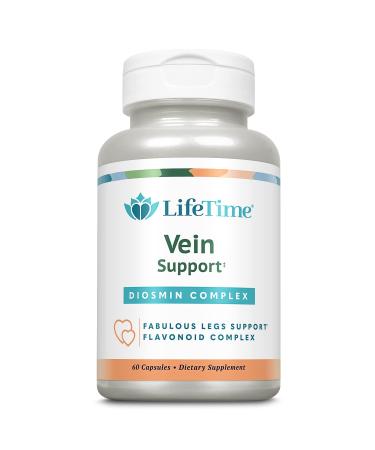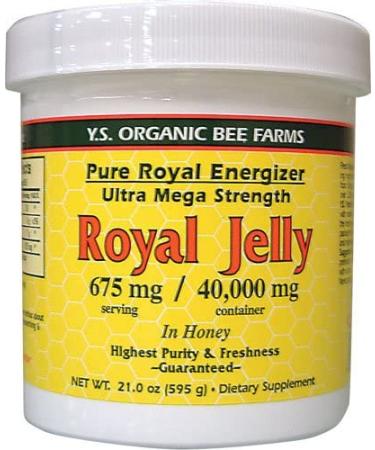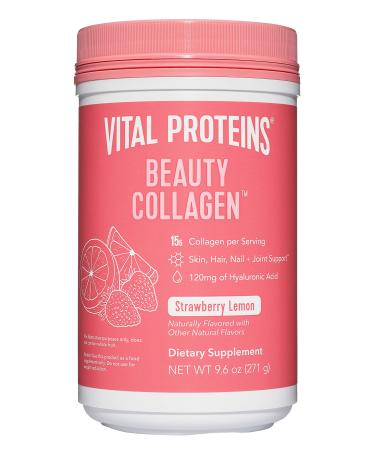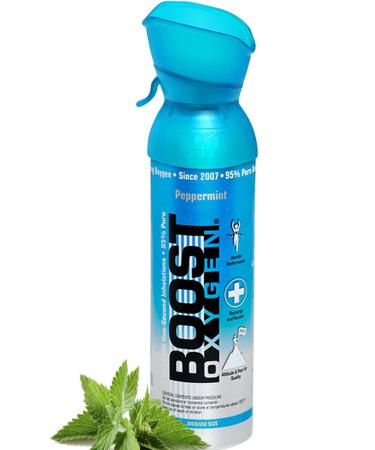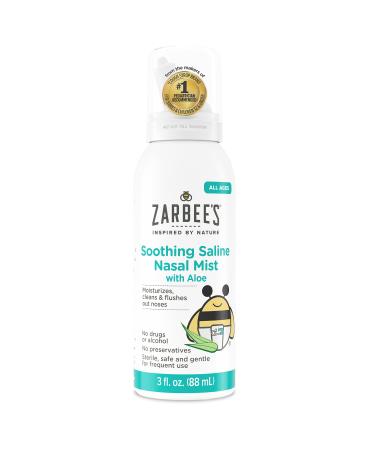What is Doctor's Best Benfotiamine
Benfotiamine (S-benzoylthiamine-O-monophosphate) is a synthetic derivative of thiamin (Vitamin B1) belonging to the family of compounds known as allithiamines. Benfotiamine is fat-soluble and more bioavailable and physiologically active than thiamin.* Benfotiamine helps maintain healthy cells in the presence of blood glucose, provides support against oxidative stress, and supports healthy aging.*
How does it work
Benfotiamine raises the blood level of thiamin pyrophosphate (TPP), the biologically active coenzyme of thiamin, and stimulates transketolase, a cellular enzyme essential for maintenance of normal glucose metabolic pathways. Benfotiamine can greatly improve thiamin status, especially in comparison with regular forms of thiamin. In a randomized, double-blind crossover trial comparing bioavailability of benfotiamine to that of thiamin mononitrate (the most common supplemental form of vitamin B1) in 12 individuals, benfotiamine caused an average 5-fold greater increase in blood thiamin levels than thiamin mononitrate, with a concomitant greater thiamin concentration in red blood cells. Benfotiamine is converted to S-benzoylthiamin (through removal of the O-monophosphate by the digestive tract), which readily passes through intestinal cells and is converted into thiamin.
Why take Best Benfotiamine
Benfotiamine is fat-soluble and more bioavailable and physiologically active than thiamin.* Benfotiamine helps maintain healthy cells in the presence of blood glucose, provides support against oxidative stress, and supports healthy aging.* Benfotiamine helps maintain healthy glucose metabolism by increasing blood and tissue levels of thiamine pyrophosphate (TPP), the biologically active co-enzyme form of thiamine.*TPP acts as a co-enzyme for three critical enzymes involved in glucose metabolism: 1) transketolase, 2) pyruvate dehydrogenase, and 3) a-ketogutarate decarboxylase. The latter two enzymes are involved in utilizing glucose for fuel. Thus, TTP is vital to the cell's energy supply





